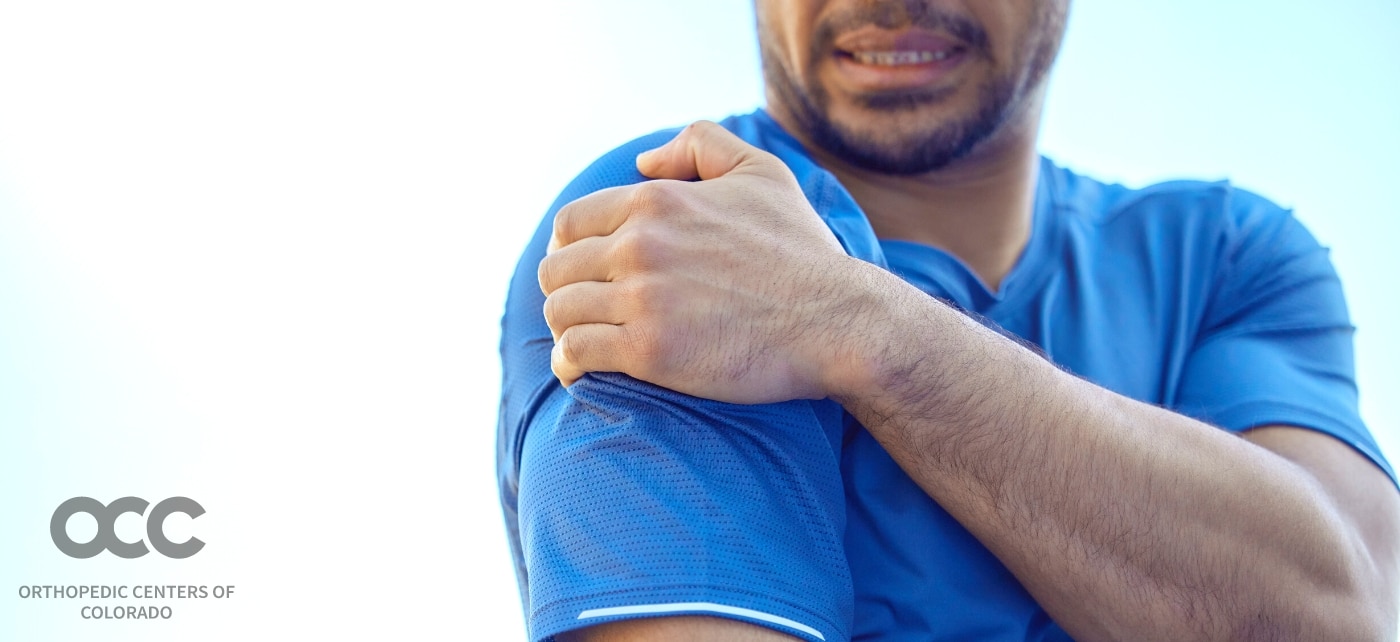The shoulder is among the most flexible components of the human body. It helps you move and rotate your arm in various directions and allows you to reach over your head. Because shoulders have such a great range of motion, though, they are more susceptible to instability. The more instability a patient has, the more it can increase the risk of injury to surrounding structures in the shoulder, such as tears of the labrum, cartilage injuries, rotator cuff injuries, or even fractures. It is essential to get a prompt and accurate diagnosis to determine the severity of the injury and determine a plan of treatment. If you are having continuous episodes of shoulder pain, a good place to start is Advanced Orthopedics in Denver, Parker of Aurora, Colorado. Their orthopedic specialist will help you resolve the condition and alleviate the pain that could make it more challenging to cope with everyday issues and do activities important to you, like work, sports, and hobbies.
OVERVIEW
Shoulder instability occurs when the shoulder joint (ball and socket) has lost its normal alignment (ball resting symmetrically in the socket), which causes the arm to lose its support. The most common type of shoulder instability is a shoulder dislocation, with the ball coming out of the socket in the forward direction. Once the ligaments, tendons, and muscles around the shoulder become loose or torn, the risk of dislocations occurring repeatedly is greater. When this happens, it is called chronic or recurrent shoulder instability. Approximately 70 % of shoulder dislocations occur in males.
TYPES OF SHOULDER INSTABILITY
Attempts have been made to classify different types of shoulder instability according to the degree of laxity, frequency of symptoms, and specific anatomic lesions. Classifying by direction, however, helps to understand the cause better and formulate the approach to diagnostic testing and treatment.
Read more about shoulder instability on our new Orthopedic News Site – Colorado Orthopedic News. Schedule an appointment with a shoulder specialist today.












